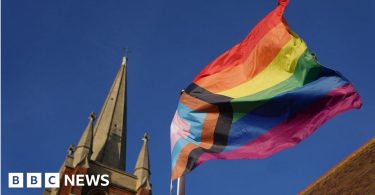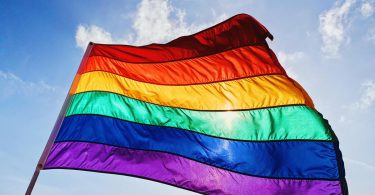In a move that has ignited both local and international controversy, Ghana’s parliament recently passed an anti-LGBTQ bill, calling for severe penalties for LGBTQ individuals and their supporters. This legislation, one of the most stringent in Africa, has drawn condemnation from a broad spectrum of human rights groups, international organizations, and foreign governments, setting the stage for a significant legal and diplomatic standoff.
Unpacking the Legislation
The bill, if signed into law by Ghana’s president, would impose prison sentences of up to three years for LGBTQ individuals and up to five years for those who advocate, promote, or sponsor LGBTQ activities. This legislative action is supported by a coalition of religious and traditional leaders in Ghana and aims to eradicate LGBTQ rights within the nation. Critics argue that the bill violates fundamental human rights protected under Ghana’s constitution and international law, including dignity, freedom of speech and association, and the right to privacy.
Local and International Reactions
Immediate backlash followed the bill’s passage. Human rights advocates within Ghana, including Professor Audrey Gadzekpo and Joseph Whittal of the Commission for Human Rights and Administrative Justice (CHRAJ), have voiced their intent to challenge the bill in the Supreme Court, citing its unconstitutional nature. Internationally, the bill has been criticized by the United Nations, UNAIDS, and the United States, with concerns over its potential to legitimize prejudice, incite violence, and erode Ghana’s standing on the global stage. The International Monetary Fund (IMF) has also underscored the importance of diversity and inclusion, hinting at the economic implications of such a law.
Potential Consequences and the Path Forward
The anti-LGBTQ bill’s passage marks a critical juncture for Ghana, a nation grappling with balancing traditional values with human rights obligations. The ensuing legal battles and international diplomatic pressure highlight the broader challenges facing LGBTQ individuals in Africa and the global community’s role in advocating for their rights. As the bill awaits presidential assent, its future remains uncertain, but the debate it has sparked underscores the ongoing struggle for LGBTQ rights and equality.
The situation in Ghana serves as a poignant reminder of the persistent challenges facing LGBTQ communities worldwide, particularly in regions where conservative values clash with human rights advocacy. The global response to Ghana’s anti-LGBTQ bill reflects a collective call for respect, dignity, and equality for all individuals, regardless of their sexual orientation or gender identity. As this story unfolds, the world watches closely, hoping for a resolution that upholds the values of inclusivity and human rights.






